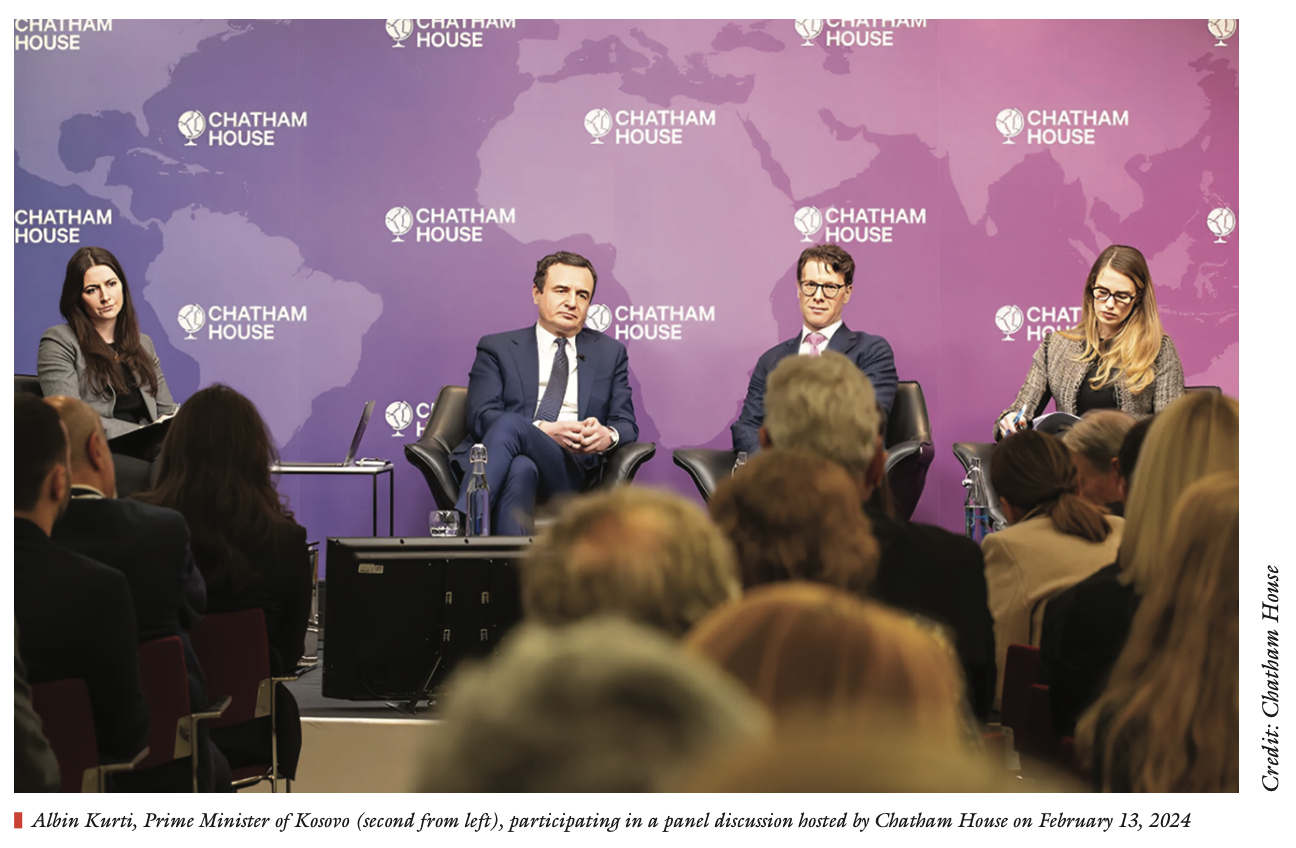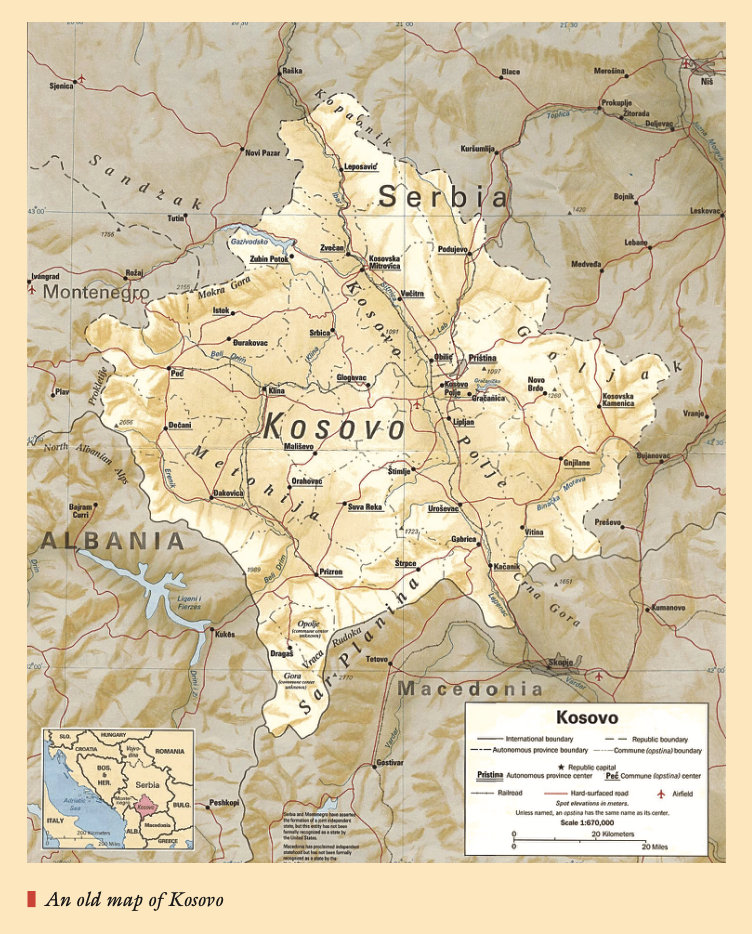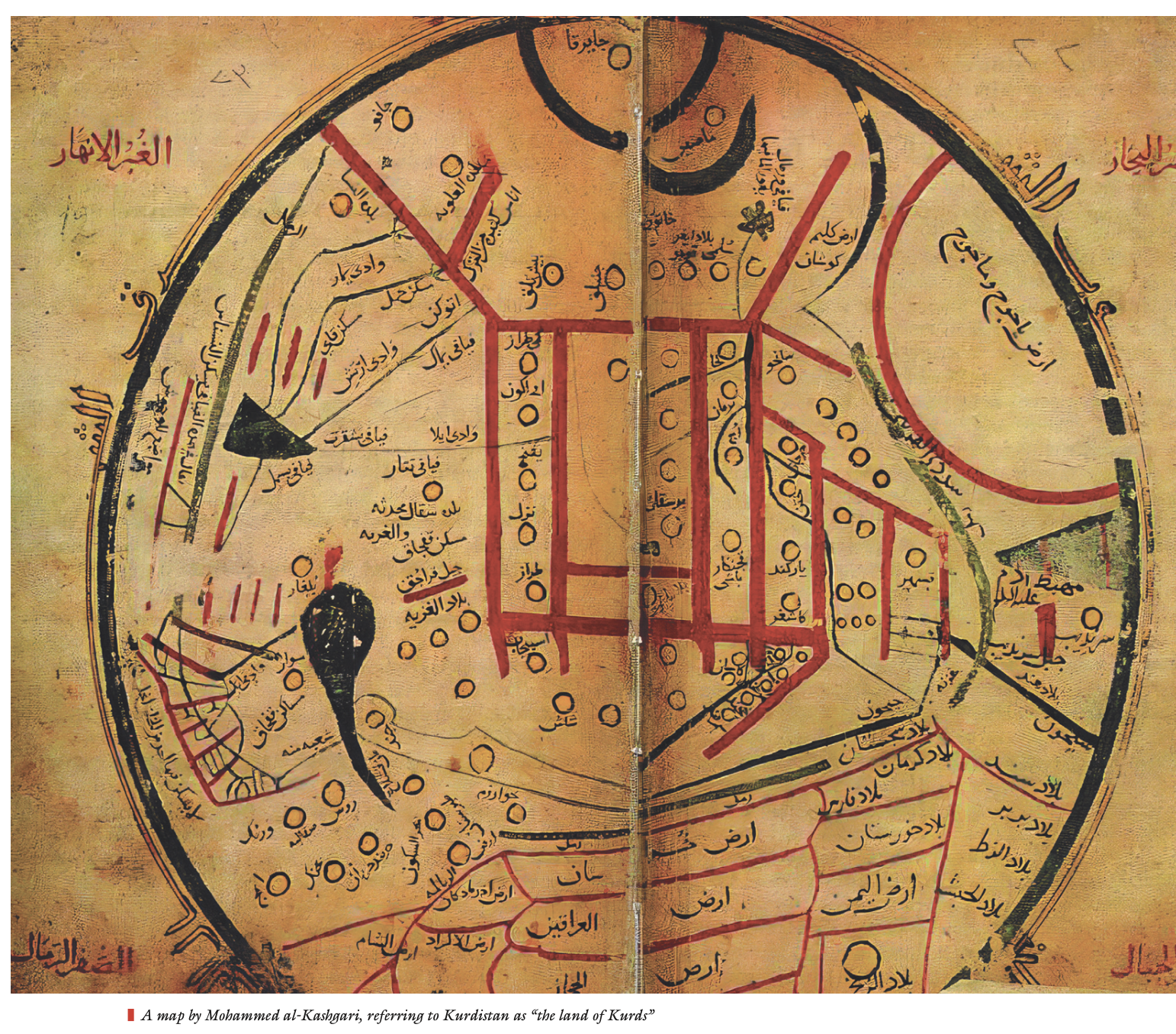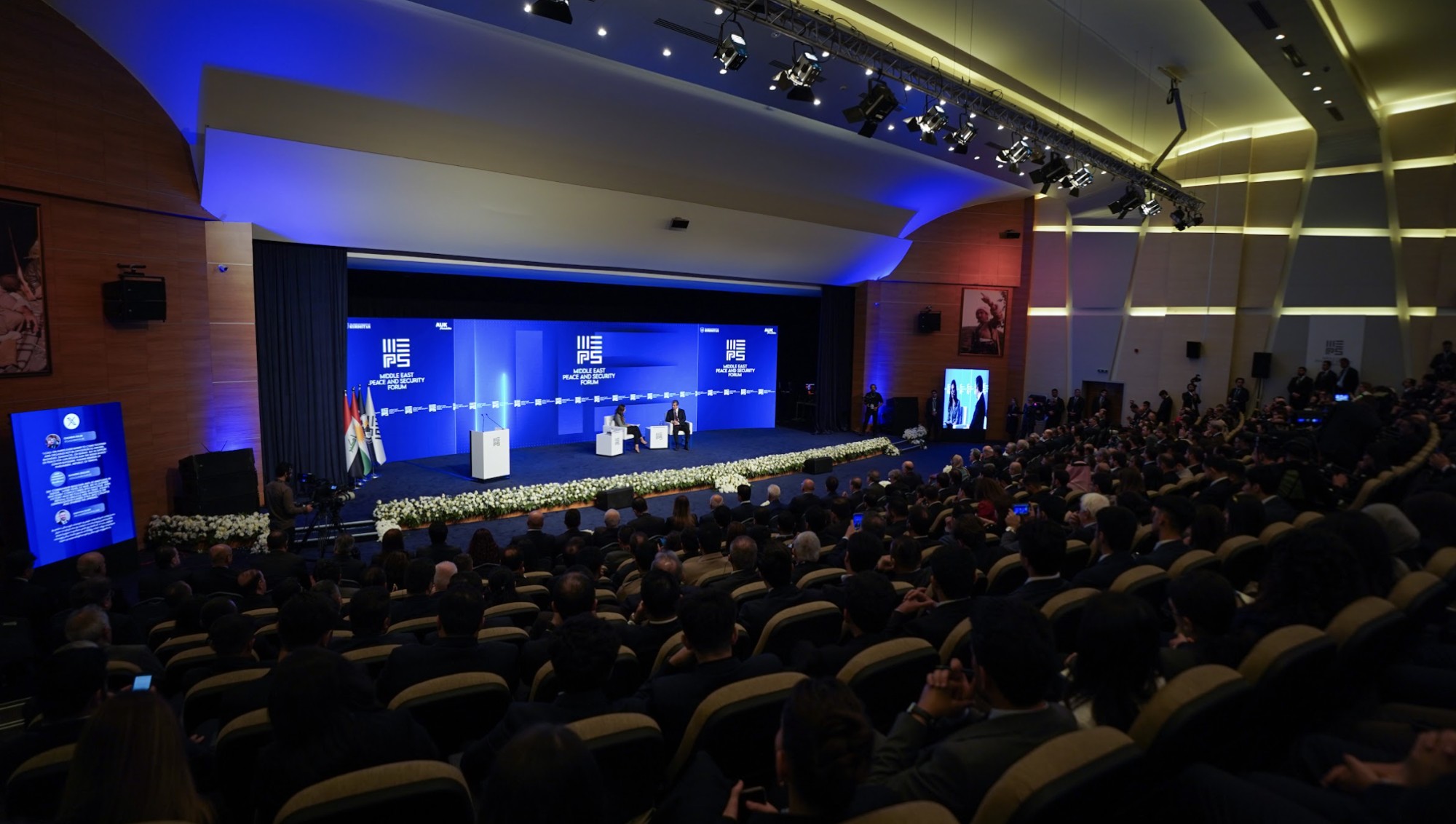A few months ago, at the British think tank Chatham House, I had the opportunity to ask Kosovo’s Prime Minister Albin Kurti a question centered around the Kurdish quest for self-determination, drawing parallels with Kosovo’s journey towards independence and international recognition. I aimed to understand his government’s stance on the Kurdish cause given their similar circumstances.
Kurti pointed out that Kosovo’s path to independence emerged from Yugoslavia’s violent disintegration. Although Kosovo was not among Yugoslavia’s six original constituent republics, it nonetheless occupied one of eight seats within the Presidency of Yugoslavia, a collective head of state. Following the breakup of Yugoslavia, Kosovo came under Serbian control, experiencing several stages that Kurti identified as “Apartheid,” “National Liberation Struggle,” and “Genocide.” Concluding his remarks, he stated, “As a Social Democrat, I want freedom for people; I want equality for all; however, I don’t think you can ‘copy-paste’ one case onto another.”
In 1945, the Autonomous Region of Kosovo and Metohija emerged as a political unit within Serbia, one of Yugoslavia’s six republics. Kosovo progressively gained more autonomy, with the official name of the province changed in 1968 to the Socialist Autonomous Province of Kosovo and then being granted more significant levels of autonomy in 1974. However, the escalation of tensions in the 1980s, especially after Josip Broz Tito’s death, undeniably weakened Kosovo’s autonomy. In 1989, Slobodan Milosevic ignited ethnic tensions and violence followed, resulting in the 1998-1999 conflict between Serbian forces and the Kosovo Liberation Army. NATO’s subsequent intervention in 1999 led to a UN-administered interim government. Kosovo later declared independence in 2008, which was recognized by over 100 countries except for Serbia, Russia, and China. Despite various challenges, Kosovo aims for European integration and maintains strong ties with the United States, UK, Turkey, and Albania.

Different contexts
The Kurdish and Kosovan causes are both rooted in the pursuit of self-determination but differ significantly in several ways. Geographically, Kurdistan finds itself spread across four countries (Iraq, Iran, Syria, and Turkey) and encompasses a substantially larger area and population compared to Kosovo, whose territory is claimed by only one other country (Serbia). The Kurdish population, estimated to be between 50 to 60 million, is much larger than Kosovo’s 1.9 million people.
Furthermore, unlike Kosovo, which declared its independence from Serbia in 2008 and has since gained partial international recognition, the Kurdistan Region of Iraq’s 2017 independence referendum did not result in recognized sovereignty, instead leading to conflict and airport closures. The Kurdish struggle for self-determination spans over a century, marked by numerous uprisings and conflicts. In contrast, the Kosovan quest for independence, while quite intense during the Yugoslav Wars in the 1990s, did not share the same historical longevity.

While one cannot “copy-paste one case into another,” Kurti did not provide a direct and appropriate response, failing to mention Kurds or Kurdistan once in his remarks. His response can be summarized as an overview of the history of Kosovo followed by a general statement on the right of self-determination for all peoples.
One potential reason could be Turkish influence. The ties between Turkey and Kosovo are strong, with both sharing cultural, religious, ethnic, and historical connections. The commander of the Kosovo Force, a NATO-led peacekeeping mission, is Ozkan Ulutas from the Turkish Armed Forces, who became Major General in 2023. Economically, Kosovo relies on Turkish imports, with figures reaching 12% as of this year. The Turkish community in Kosovo is represented in the Kosovan Assembly by two minority seats, both occupied by the Turkish Democratic Party of Kosovo, known for its Turkish nationalist leanings.

In 2018, Kosovo banned a musical event titled “Freedom to Kurdistan,” which was scheduled to take place in Pristina, the capital. The prohibition was due to concerns that the event would serve as a platform for spreading “terrorist propaganda” on behalf of the PKK and the People’s Protection Units, both outlawed by Turkey.
Kurti belongs to the Self-Determination Movement (Vetevendosje), a social-democratic political party in Kosovo. Prior to the 2017 independence referendum in the Kurdistan Region, Visar Ymeri, who led Vetevendosje before Kurti, expressed support for Kurdish sovereignty, saying that the Kurds are one of the largest nations without a state.
As of 2024, relations between the Kurdistan Region of Iraq and the Republic of Kosovo are nonexistent, primarily due to Baghdad not recognizing Kosovo as a sovereign state.
Shad Dana is a recent Politics & International Relations graduate from Royal Holloway, University of London. As an active member of Chatham House, he has a strong focus on Middle Eastern politics, particularly Kurdish affairs.

